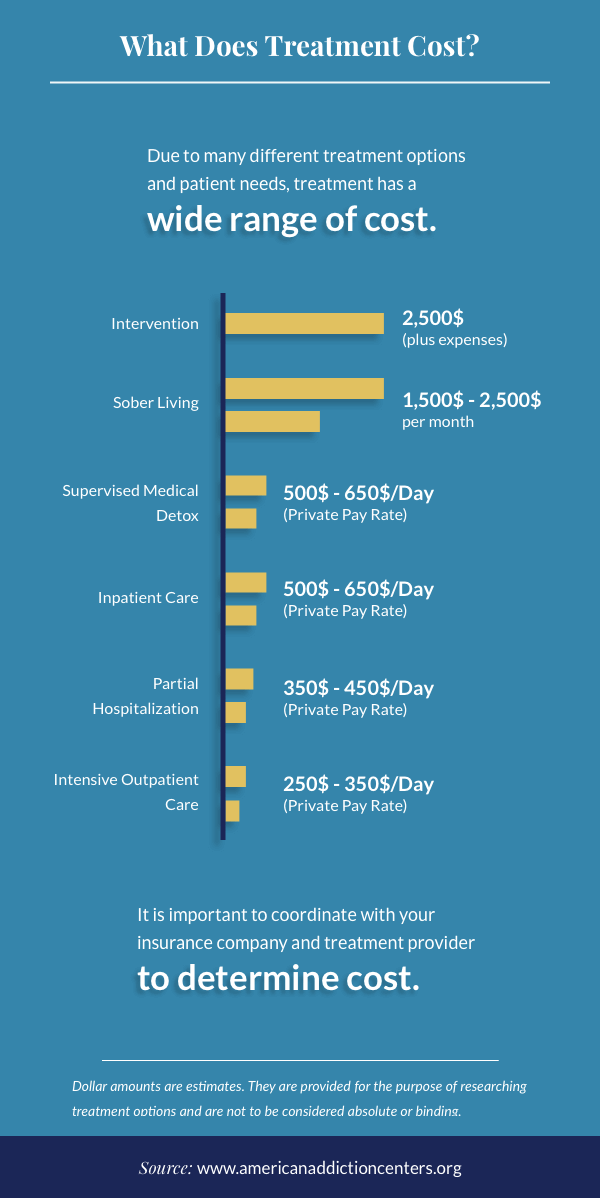After an amount of time, you may be provided weekend passes or be enabled to go on unsupervised trips. These opportunities supply an incentive for you to continue advancing in your recovery and set a good example for newly sober clients. Taking some time to prepare for rehabilitation can increase your opportunities of success in the long run.
Insurance details and past medical records. Alarm clock. Toiletries. Clothing. Laundry soap. Photos of enjoyed ones and other items to remind you of house. List of existing medications. List of names, contact number, and addresses of close friends and family. Reading and writing materials. Activities to kill time, such as musical instruments, crossword books and puzzles.
Likewise, you might just wish to bring a percentage of cash and arrange for a relative or friend to send you extra money if required. Make certain to leave any pricey products in your home, such as jewelry and high-end clothing and handbags. Prior to leaving for rehabilitation you might likewise desire to take care of home, work, and school obligations, such as: Organizing to take a leave of absence from school and/or work.
Setting up automatic expense payments. Offering a partner or other member of the family with account numbers and passwords if they will be overseeing your financial resources while you are away. Letting friends and family understand that you will be going to treatment (if you feel comfortable). The Americans with Disabilities Act forbids employers from discriminating versus staff members who have taken part in substance abuse treatment.

For more details about your rights, please see the Center for Substance Abuse Treatment's publication Are You in Recovery from Alcohol or Drug Problems? Know Your Rights. 2 Some "housekeeping" pointers to lower temptation when you return house consist of: Getting rid of drugs, alcohol, and paraphernalia. Do a comprehensive sweep of your home and make sure to inspect any secret hiding spots.
Numerous individuals mistakenly believe that finishing a treatment program is completion of healing. The reality is that healing is a continuous process that requires time and effort. One way to increase the probability of staying sober is to have an excellent aftercare plan. Aftercare planning is one of the last steps during treatment.
They can assist you discover other treatment providers, established consultations, and provide you with information on local self-help conferences. Having an aftercare plan is vital due to the fact that it increases the opportunities of long-lasting recovery and reduces the opportunities of relapse. 3 Each individual's aftercare plan will be various, and a therapist can assist you determine what will be most helpful for you after treatment.
The smart Trick of How To Get Into Drug Rehab That Nobody is Talking About
They are less limiting than rehab programs because citizens are able to leave the home throughout the day. how to get into drug rehab. Lots of sober living houses have curfews, compulsory drug screening and rules in place to keep homeowners safe and prevent regression. Healing meetings are free self-help groups for individuals dealing with drug, alcohol and other addictions.
Twelve-step groups encourage members to share their battles with addiction, find a sponsor to direct them through the 12 actions and establish a sober support system. Other recovery meetings that do not fall under the 12-step category consist of SMART Recovery, Ladies for Sobriety, LifeRing and Secular Organizations for Sobriety. Outpatient treatment is likewise an alternative after finishing a residential program.
Outpatient rehabs normally offer group and individual therapy for a couple of hours per week. Psychiatric therapy or therapy can be provided by a psychologist, social worker or counselor who focuses on addiction. Therapists typically see customers for 1 to 2 sessions each week. But the number of sessions can differ depending upon http://titusngwt055.fotosdefrases.com/not-known-facts-about-what-happens-in-drug-rehab your needs.
Medical professionals may consult with you 1 or more times each month to evaluate for any negative effects and determine if medications need to be changed. Regression is an issue for many individuals leaving rehabilitation. It prevails to feel bombarded with triggers and mixed feelings as you transition from a structured and safe environment back to daily life.
These consist of: Finding brand-new pastimes such as sports, reading, composing, and taking a trip. You can also think about going back to old hobbies that you may have neglected while using drugs. Creating an assistance network of sober people. Recovery meetings use one method to connect with similar individuals. Beginning a new workout regimen.
Taking in a healthy diet of protein, vegetables, fruits, and complex carbs. Avoid extreme sugar, salt, and processed foods. Offering your time at a homeless shelter, soup kitchen, or assisted living home. Managing tension by practicing coping abilities that you learned in rehabilitation, such as meditation and deep breathing. Visiting a family member or good friend in rehabilitation can be useful to your liked one's healing.
Many programs also use the opportunity to participate in a joint therapy session throughout gos to. A treatment session can permit member of the family to reveal their concerns, overcome troublesome household characteristics and enhance interaction. Programs vary in their visitation policies. Some programs only enable weekend or night gos to during specific hours.

What Does How Much Do Drug Rehab Centers Cost Do?
This black-out period limits contact with family and friends in order to get the client through detox and examine their inspiration for change. Other programs only allow sees if relative and customers consent to take part in family treatment (how does rehab help drug addicts). Be sure to ask the treatment center about its policy before you visit.
They also might not be enabled to generate unsealed drinks, which might have alcohol hidden in them. Visitors and their valuables might be browsed Drug Abuse Treatment prior to the visitor can enter the facility. Visitors may not be allowed to enter certain parts of the center. This is particularly true for clients' bed rooms or anywhere that can not be kept track of by personnel members.
The goal is for visitors to get a sense of what the treatment experience resembles for their enjoyed ones. Joint therapy sessions may be voluntary or obligatory for visitors. If you are preparing to take part in a therapy session, you may wish to consider what you would like to say in advance.
Checking out an enjoyed one in rehabilitation can cause mixed feelings that can range from enjoyment and happiness to stress and anger. Many household members and buddies end up being utilized to negative interactions when their enjoyed ones are using alcohol and drugs. Checking out someone in rehab is the initial step in practicing healthy interaction.
The Neighborhood Reinforcement Technique (CRA) is a well-studied and effective kind of treatment for customers and member of the family experiencing dependency. The method looks for to enhance healthy interaction among family members. 1 Some CRA tips for improving communication include: Deal compassion and understanding. Compassion includes putting yourself in the other Homepage individual's shoes.
Focusing on all of the unfavorable things an individual has done throughout dependency can increase feelings of regret and embarassment, which even more triggers a desire to use alcohol and drugs. Most likely the individual understands the wrongs that they have committed. Rather, concentrate on your liked one's current progress.
